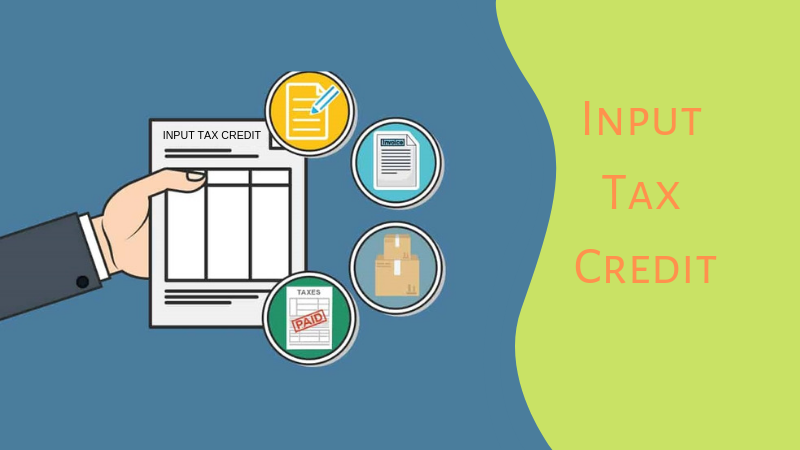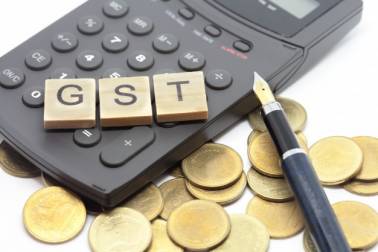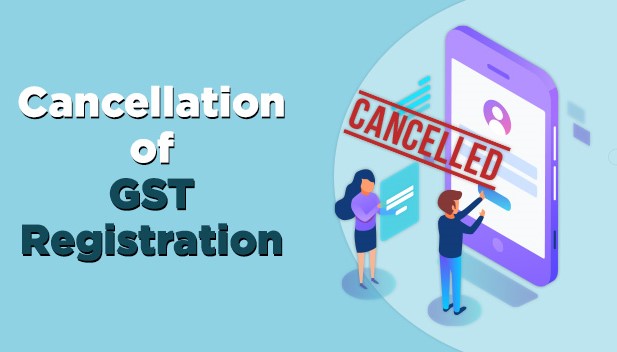Section 16(2)(c) of the CGST Act, 2017 mandates that Input Tax Credit (ITC) would be eligible (subject to provisions of Section 41 or Section 43A) only if the tax charged in respect of such supply has actually been paid to the Government, either in cash or through the utilization of ITC admissible in respect of such supply.
In regard to the above Section, the Hon’ble High Court of Tripura in the case of Sahil Enterprises v. Union of India has issued notice for the limited purpose of removing attachment of Input Tax Credit ledger of the assessee.
Facts of the case:
The Petitioner M/s Sahil Enterprises has submitted that their Input Tax Credit (ITC) account is attached by the Department on the ground that, the supplier has not deposited the taxes and hence the Petitioner was not eligible to ITC in terms of Section 16(2)(c) of the CGST Act,2017.
The Petitioner has challenged the provisions contained under Section 16(2)(c) of the CGST Act. This provision provides that a registered dealer would be eligible for claiming input tax credit on the goods purchased on the condition that subject to the provisions of Sections 41 and 43A of the Act, the tax charged in respect of such supply has been actually paid to the Government, either in cash or through utilization of input tax credit admissible in respect of such supply.
The Petitioner contends that after paying taxes to the seller at the time of purchases, the Petitioner has no control over the seller to ensure that such tax is deposited with the Government. Petitioner has challenged the vires of Section 16(2)(c) of CGST Act, 2017 as being violative of Articles 14, 19(1)(g) and 300A of the Constitution of India. This provision provides that a registered dealer would be eligible for claiming input tax credit on the goods purchased on the condition that subject to the provisions of Sections 41 and 43A of the Act, the tax charged in respect of such supply has been actually paid to the Government, either in cash or through utilization of input tax credit admissible in respect of such supply.
The case of the petitioner is that having paid CGST on the purchases made from a registered dealer, the petitioner thereafter has no control over the seller to ensure that such tax is deposited with the Government revenue as is statutorily is his obligation. Denying to the petitioner input tax credit on such purchases on which the petitioner has already paid tax on the ground that the selling dealer did not deposit the tax with the Government revenue would amount to double taxation.
Further, the petitioner had challenged the vires of Section 16(2)(c) of CGST Act is in violation of Articles 14 [i.e., the State shall not deny to any person equality before the law or the equal protection of the laws within the territory of India], 19(1)(g) [i.e., all citizens shall have right to practice any profession, or to carry on any occupation, trade or business] and 300A [i.e., persons not to be deprived of property save by authority of law] of the Constitution of India.
Ruling of Tripura High Court:
The Hon’ble High Court of Tripura held that, the issue require consideration. Further, it stated in its order that since legislation framed by the Parliament is under challenge, issued notice to the learned Attorney General.
Learned Asstt. Solicitor General and learned counsel Mr. Paramartha Datta waived notice on behalf of Respondents.
For the limited purpose of considering the Petitioner’s request for interim relief for removing attachment of the ITC ledger, issued notice returnable on 23rd August 2021.
Complete text of Order:
Petitioner has challenged the vires of Section 16(2)(c) of Central Goods and Services Tax Act, 2017 as being violative of Articles 14, 19(1)(g) and 300A of the Constitution of India. This provision provides that a registered dealer would be eligible for claiming input tax credit on the goods purchased on the condition that subject to the provisions of Sections 41 and 43A of the Act, the tax charged in respect of such supply has been actually paid to the Government, either in cash or through utilization of input tax credit admissible in respect of such supply. The case of the petitioner is that having paid CGST on the purchases made from a registered dealer, the petitioner thereafter has no control over the seller to ensure that such tax is deposited with the Government revenue as is statutorily is his obligation. Denying to the petitioner input tax credit on such purchases on which the petitioner has already paid tax on the ground that the selling dealer did not deposit the tax with the Government revenue would amount to double taxation.
Learned counsel for the petitioner pointed out that this provision has been challenged by different dealers before several High Courts in the country where such challenges are pending after notice or issuance of rule. Counsel also placed for our consideration various judgments of different High Courts pertaining to similar provisions contained in other tax statutes prior to introduction of the GST regime making similar provisions for denial of tax credit when the selling dealer had failed to deposit the tax with the Government revenue. He pointed out that the High Courts either read down the provision as to be applicable only when such non-deposit is with the connivance of the petitioner or the petitioner is found to be lacking in bona fides or struck down the provision as being unconstitutional and arbitrary expecting a dealer to perform an impossible task.
Learned counsel for the petitioner also submitted that according to the department with respect to certain purchases made by the petitioner from another registered dealer after paying full taxes the selling dealer has not deposited the tax with the Government and on account of which the petitioner’s input tax credit account has been put under attachment w.e.f. 21.05.2020. Counsel submitted that as per the provisions of the CGST Act such attachment cannot continue beyond a period of one year. Such period being over, in any case the attachment should have been lifted which so far has not been done.
The issues require consideration. Hence, rule. Since legislation framed by the Parliament is under challenge, let there be notice to the learned Attorney General.
Learned Asstt. Solicitor General Mr. Bidyut Majumder waived notice on behalf of respondent No.1, Union of India, as well as the learned Attorney General. Learned counsel Mr. Paramartha Datta waived notice on behalf of respondents No.2 and 3.
For the limited purpose of considering the petitioner’s request for interim relief for removing attachment of the Tax Credit Account, let notice be returnable on 23.08.2021.
***
Follow us for free tax updates : facebook Twitter
Subscribe to our portal and get FREE Tax e-books, quality articles and updates on your e-mail.
Resolve your GST queries from national level experts on GST free of cost.
TW Editorial Team comprises of team of experienced Chartered Accountants and Advocates devoted to spread the knowledge of GST amongst the various stakeholders.




